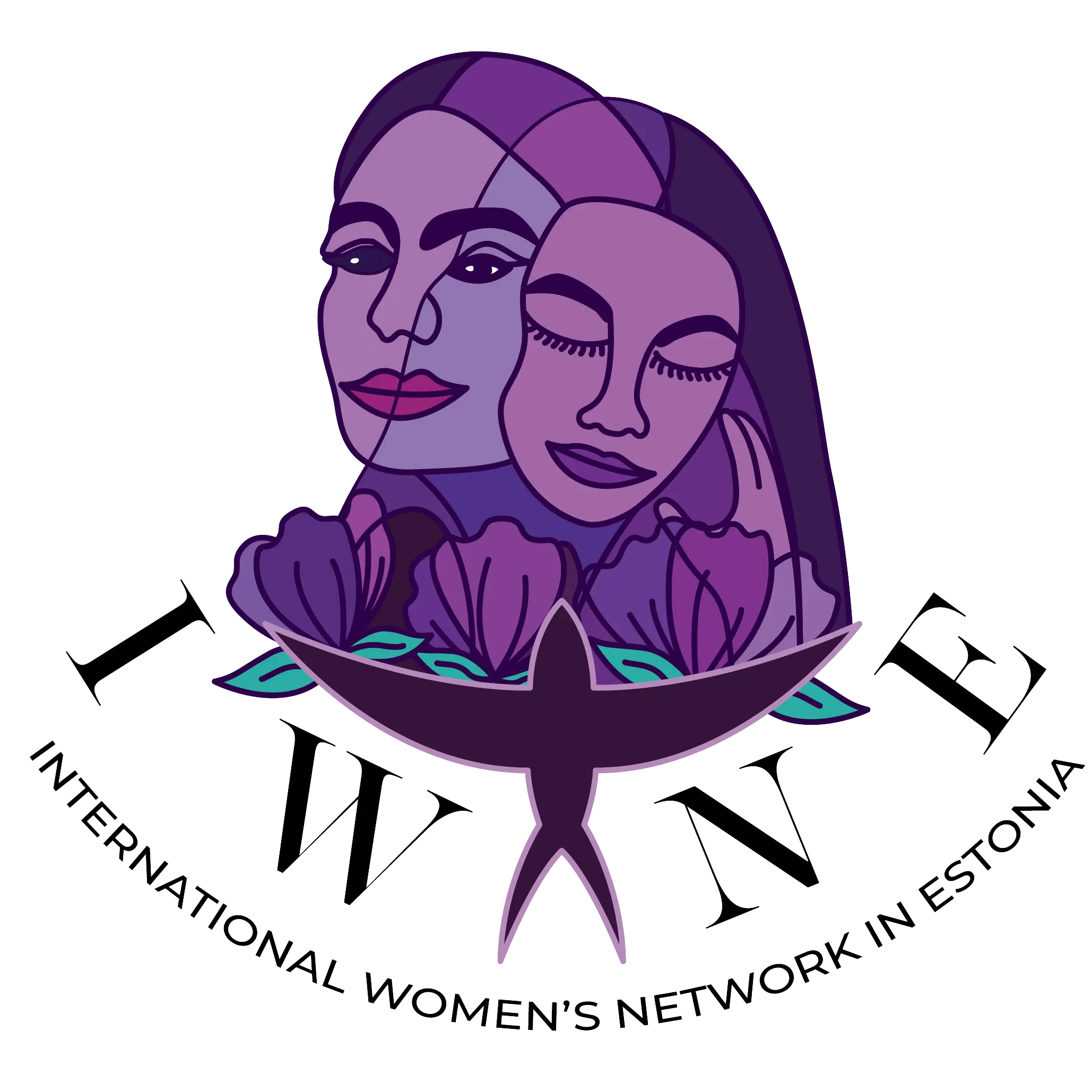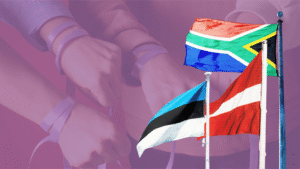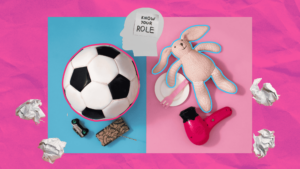Gender equality and workplace diversity have received more attention across Europe, including Estonia. Even though the Estonian government and the European Union have set policies, persistent inequalities remain in the market. In 2023, men in Estonia earned 13.1% more than women on average, which was one of the widest gender pay gaps in the EU (Statistics Estonia, 2024). Additionally, women continue to be underrepresented in leadership roles and IT sectors, for example. Societal attitudes oftentimes support conventional gender roles, leading people to believe that women are primarily responsible for taking care of the household and children (OECD, 2024). This is also one of the factors contributing to Estonia’s high wage gap.
To better understand how Estonia’s businesses deal with these challenges, I conducted a graduation research project in collaboration with the International Women’s Network in Estonia (IWNE). The study focused on the willingness of small-and medium-sized enterprises (SMEs) to collaborate with IWNE to promote gender equality and diversity. The goal of the research was not only to understand motivations and barriers but also to offer practical recommendations for IWNE’s future strategy.
Why focus on SMEs?
SMEs (companies with fewer than 250 employees) represent around 99% of all businesses in Estonia (European Commission, 2024). These companies play an important role in creating workplace culture; however often lack the resources or structures to implement specific policies. Most multinational firms have set DEI (Diversity, Equity, and Inclusion) departments and CSR policies; however, many SMEs have not established these yet.
What did the research reveal?
The majority of the participants acknowledged and understood the importance of gender equality and diversity; however, only one out of six had implemented formal initiatives. Several companies mentioned having diverse staff due to hiring foreign employees or collaborating with external experts, but diversity was mostly unintentional rather than the result of a structured policy. It was understood that the diversity was perceived more as a “nice-to-have” rather than a strategic necessity.
However, three strong themes were brought up as motivators for collaboration with IWNE:
- Access to expertise: SMEs often lack internal knowledge or sources on how to implement inclusive practices. Collaborating with an expert organization like IWNE can provide new and insightful training, workshops, and tools tailored to the company’s needs. One HR manager expressed interest in frameworks and guidance, saying: “We’re definitely missing structure when it comes to these topics.”
- Increasing awareness: Several interviewees mentioned the importance of educating employees about gender equality and diversity. As one expert put it: “if you want to do it properly, you have to educate your employees.”
As mentioned, many SMEs have no formal diversity policies, and employees might not fully understand what diversity and/or gender equality mean in practice. By partnering with IWNE, they can introduce various ways to make these topics relevant and understandable. Awareness shouldn’t be about just ticking a box, but strengthening the teams and identifying the obstacles in the workplace.
In the Estonian context, focusing on raising awareness can also be strategic. Estonia’s Diversity Agreement at this time includes over 220 organizations that have signed it.
- Competitive advantage: Another motivator for interviewees was a desire to differentiate in a competitive market and to stand out. One expert noted: “Everyone is striving to stand out. What makes you different? What makes you creatively different?”
Collaborating with IWNE allows SMEs to develop practical and industry-specific initiatives that can be applied to various campaigns, marketing materials, and CSR reports. This way, gender equality and diversity can be a big part of the company’s value proposition and not only internal policy.
What holds companies back?
On the other hand, several obstacles were identified as well:
- Time and resource constraints: all interviewees mentioned that time is a limited resource. For family-owned or smaller companies, the day-to-day practices are prioritized over diversity or inclusion initiatives.
- Perceived irrelevance: Some companies’ representatives questioned whether diversity initiatives applied to all employee roles, particularly in service or manual labor positions. This shows the need to understand and communicate how inclusion matters across the company.
- Lack of clear communication: The lack of clarity regarding IWNE’s deliverables and the nature of potential collaborations was mentioned as a potential obstacle.
What are the companies’ expectations?
The representatives interviewed were more open to interactive and engaging formats, such as small-group workshops and hearing personal experiences. They also expressed interest in content that addresses:
- Gender identity awareness
- Workplace harassment prevention
- Tolerance and inclusion
- Foundational definitions and terminology
Presenters’ credibility and charisma were mentioned as essential for successful collaboration. One participant summarized this well by saying: “A cool speaker, a very charismatic one, makes all the difference.”
Conclusion and the next steps
While most interviewed SMEs are open to gender equality and diversity, they require clear, credible, and flexible support to take the first steps. IWNE’s role as a
Based on the findings, I recommended that IWNE:
- Develop a starter package for SMEs with basic training modules.
- Emphasize tangible outcomes and practical value.
- Co-create workshops with companies to ensure relevance.
Estonia’s workplaces are already becoming more diverse, even if unintentionally. Now is the time to help them embrace that diversity and gender equality by raising awareness, structure, and shared values.











